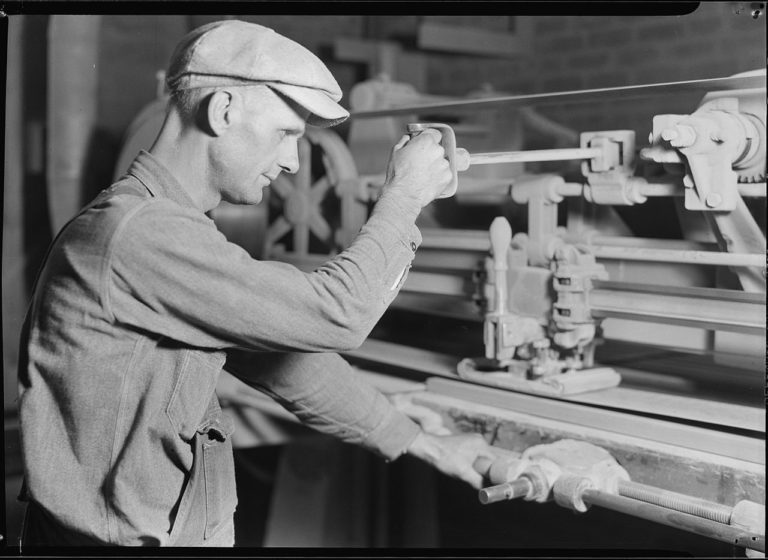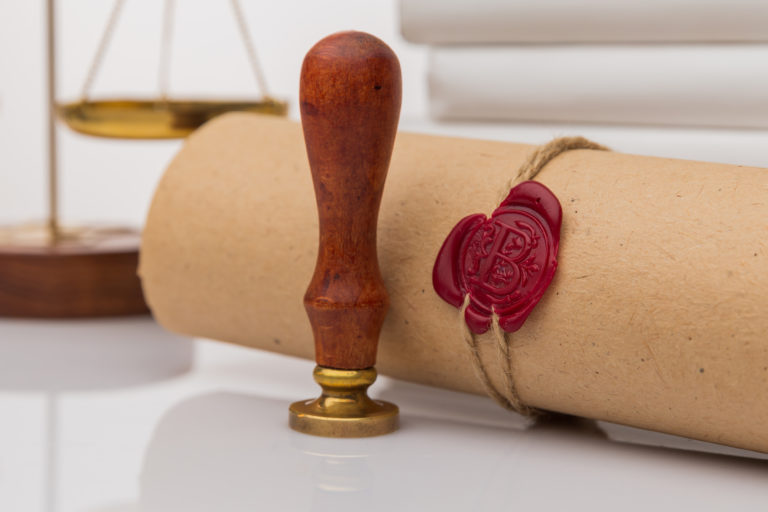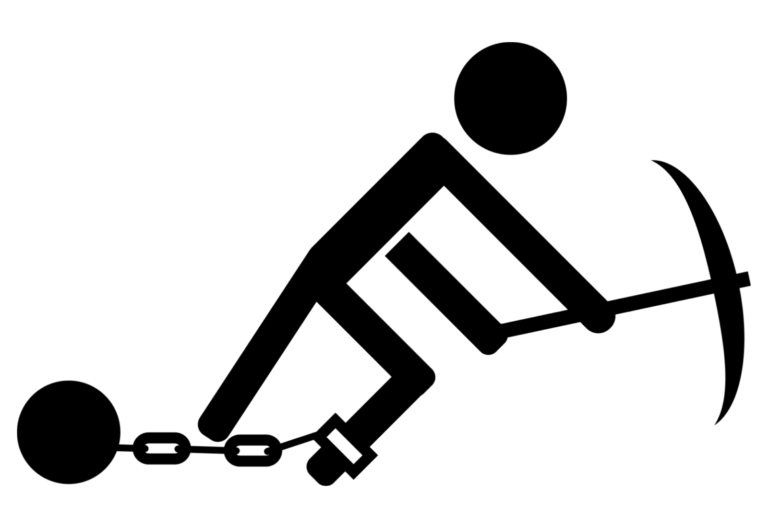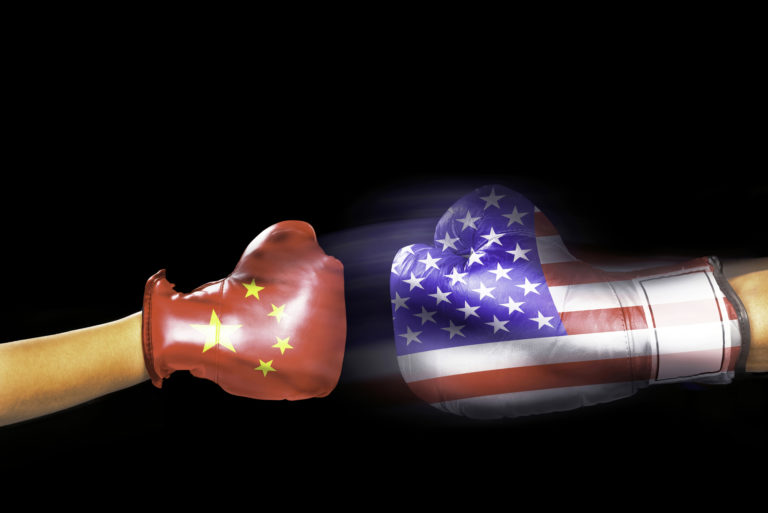
Payment Terms When Selling Overseas
Whenever my law firm is retained to represent a company that is looking to provide goods or services to a new overseas buyer. China, one of the first things we want to know are the payment terms. If our client is going to get 100% payment before it provides thegoods or services, a written contract may not even be necessary. The old expression about posession being nine tenths of the law holds true, though I'd probably update it to say that it's 99 percent of the law when it comes to selling to many emerging market countries.


















